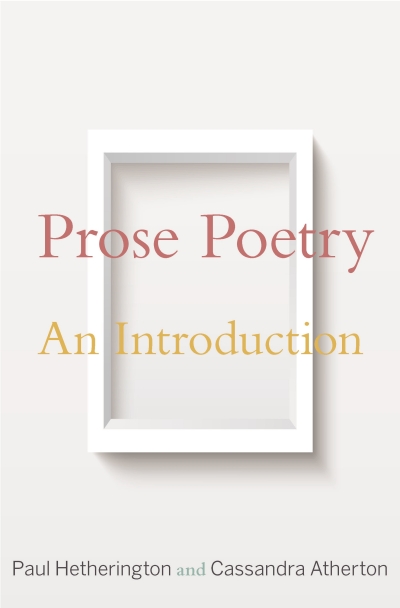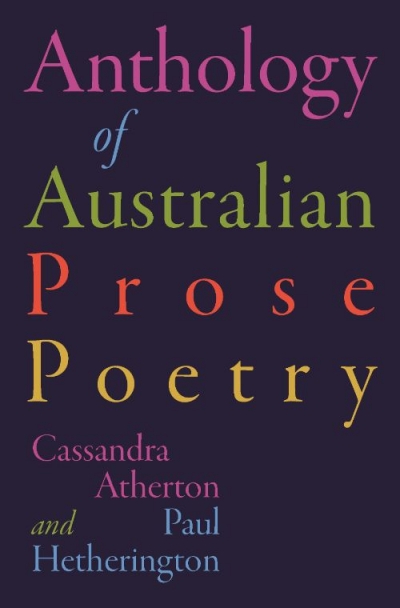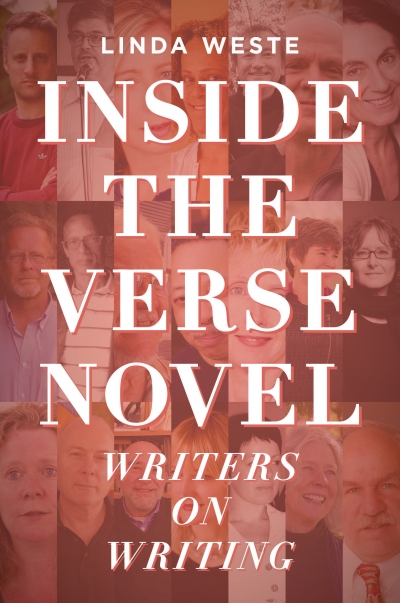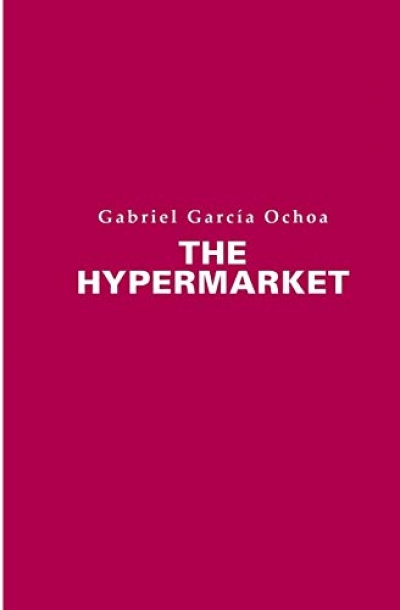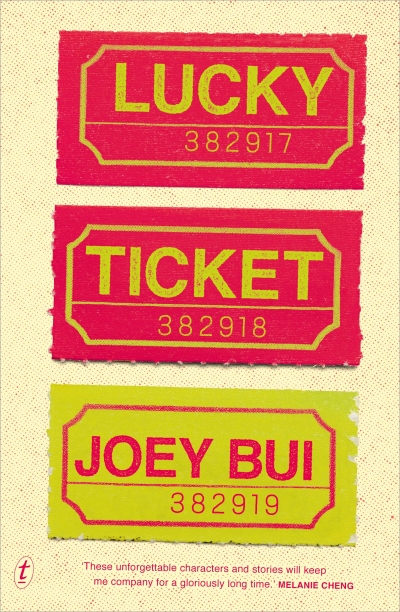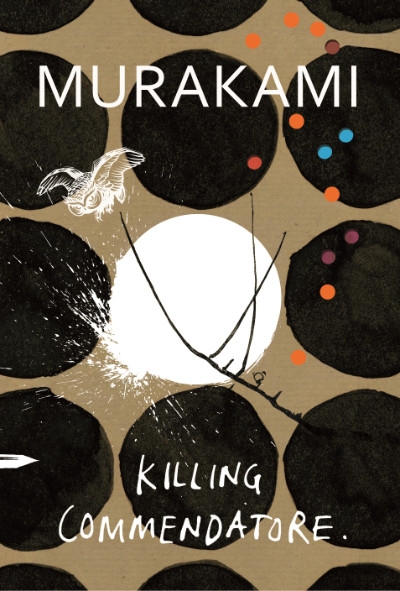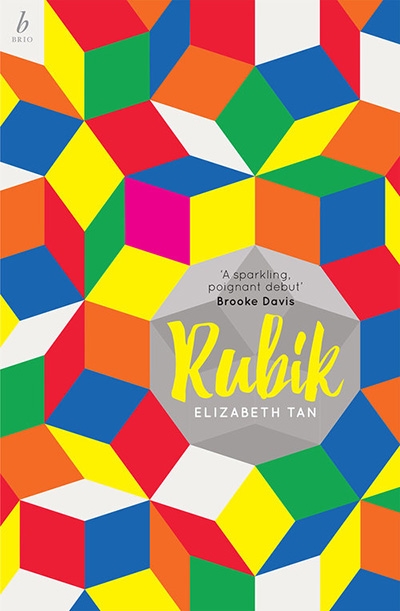Cassandra Atherton
Prose Poetry: An introduction by Paul Hetherington and Cassandra Atherton
by Anders Villani •
The Anthology of Australian Prose Poetry edited by Cassandra Atherton and Paul Hetherington
by Des Cowley •
Belated recognition of Australian prose poetry
by Paul Hetherington and Cassandra Atherton •
Until recently, Australian prose poetry hasn’t attracted much attention – we’re not sure why. Having written prose poetry for years, we’re both fascinated by the form, which can be loosely defined as poems written in paragraphs and sentences rather than in stanzas and lines.
... (read more)Inside the Verse Novel: Writers on writing by Linda Weste
by Cassandra Atherton •
Killing Commendatore by Haruki Murakami, translated by Philip Gabriel and Ted Goossen
by Cassandra Atherton •

